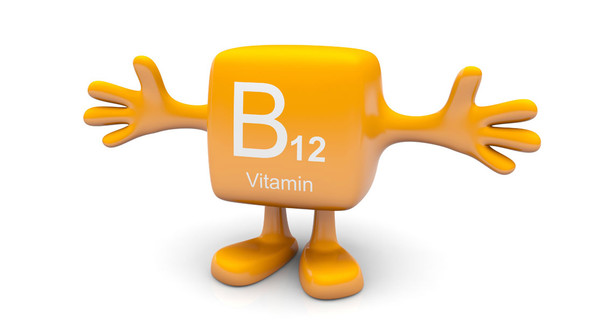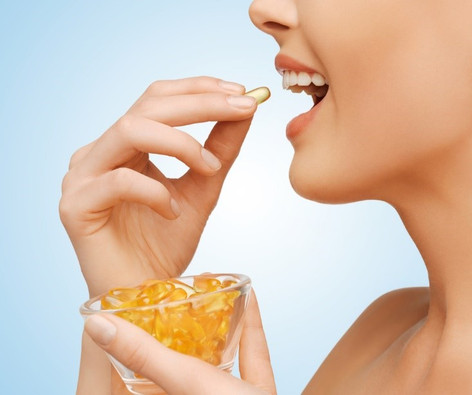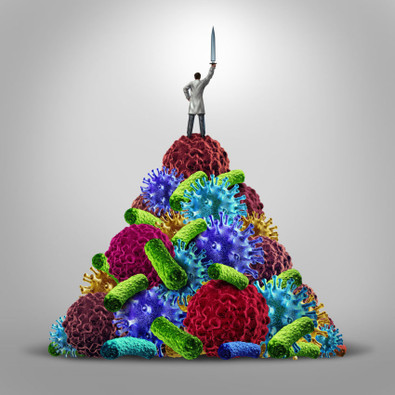Jan 23rd 2024
Blogcritics.org: Never Fear Cancer Again
"It would be a mistake to view Raymond Francis' Never Fear Cancer Again as a book solely about preventing cancer,” says Blogcritics.org. Here, Blogcritics writes an extremely informative book review and explains why Francis believes conventional medicine lacks success when treating cancer, yet this book is not solely about cancer. It is really about is getting healthy and staying healthy. “The simplicity of the Beyond Health model makes it very attractive, and certainly for those of us who are interested in staying well and avoiding diseases of all kinds, the advice in this book is easy to accept and very worthwhile.”…
 Fuel your life with the purest vitamins
Fuel your life with the purest vitamins






